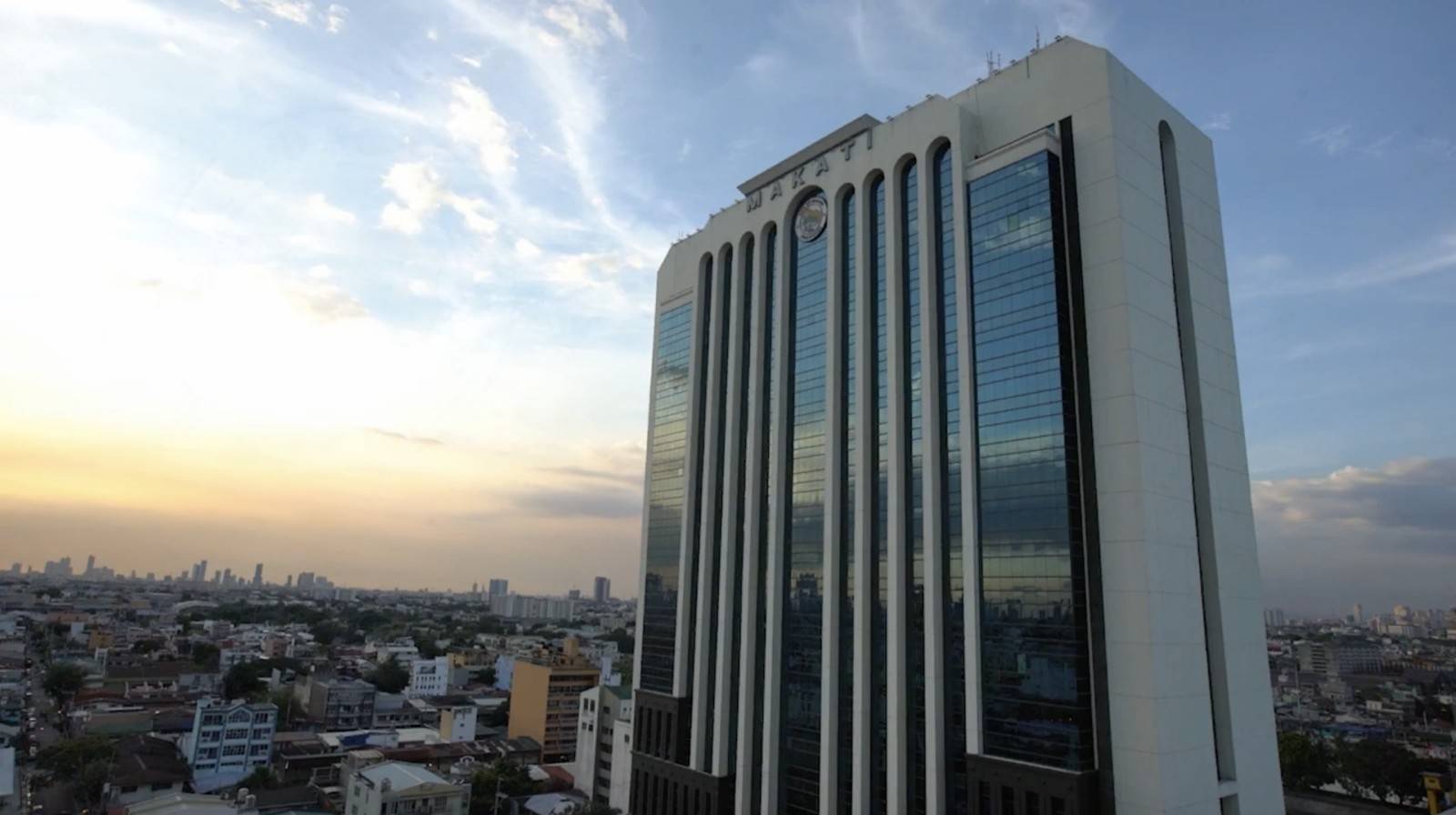
The Makati City government is determined to keep the city’s position as a center of economic activity in the Philippines.
Makati is a city in a state of perpetual development and redevelopment.
This constant change has allowed Makati City to remain a top destination of not just investors and employees, but increasingly of home and condominium buyers and tourists, too.
Almost 30 years after it became a full-fledged city in 1995, Makati continues to stand out among the cities in Metro Manila because of key advantages.
These include its location and easy accessibility, allowing workers and visitors to easily get in and out of the city, and its vibrant business environment as it hosts headquarters of major corporations, multinational companies and financial institutions.
Makati City is also home to some 70 percent of the country’s diplomatic corps, underscoring the global confidence in what the vibrant city has to offer in terms of convenience and lifestyle, given its vast array of retail, entertainment and dining options not just in the central business district but its peripheries as well.
That the city has not lost its luster among corporations who have chosen to establish their headquarters in Makati is also due in no small part to its having a supportive local government that strives to continue raising the city’s competitiveness.
Incentives
Makati Mayor Abby Binay told the Inquirer that this support is expressed in part through government incentives—like having a business one-stop shop to make it easier for new and existing businesses to go through administrative hoops—and the Local Economic Development and Investment Promotion office that actively works to draw in and support new investments.
The local government has likewise enacted its revised Investments and Incentives Code, which provides for reducing business costs and ensuring predictable policies to give investors a stable policy environment to support their growth.
The city has also made it a point to forge collaborations with national agencies like the Board of Investments to improve smart infrastructure for the city to keep up with the rising standards of local and foreign companies, and address increasingly complex urban problems to enhance the overall business environment.
Binay said that safety and security were likewise a top priority, with careful law enforcement and community policing ensuring a secure environment for businesses and their vast teams.
‘Reasonable’ taxes
She added that the city’s taxes and fees are “reasonable,” thus making it a cost-effective location for businesses. These revenues are plowed back into the city through services, including supporting a number of educational institutions that produce a large, well-educated local workforce, ready to meet the needs of businesses across various sectors operating in the city.
Enforcing the right policies and providing the right mix of infrastructure and ensuring safety and security are part of continuing efforts to create a conducive environment for businesses as well as employees, business owners, residents and even students to thrive.
According to Binay, Makati City’s economy is not just evolving, it has also remained progressive and vibrant, appealing to key industries, particularly business process outsourcing, real estate and finance.
In 2023, Makati achieved substantial business growth, registering 4,946 new businesses with a combined capital investment of over P32 billion.
From 2021 to 2023, Makati maintained an impressive average income of P18.45 billion. This performance earned it high marks from the Bureau of Local Government Finance, which cited it as a top performer in enhancing local government finance for the fiscal years 2022 and 2023.
Makati’s revenue collections have consistently surpassed targets, with 2023 marking a milestone when the city collected over P24 billion, exceeding its target by 39 percent. This reflects a strong recovery and expansion following the pandemic, Binay said.
A feather in its cap is the recognition this year as the 8th most competitive city among highly urbanized areas in the country, achieving a score of 48.03 on the Cities and Municipalities Competitiveness Index.
But Makati City is not resting on its laurels.
On the contrary, Makati City is committed to further economic growth, driven by strategic initiatives to enhance local governance, revenue generation and sustainable development.
Binay underscored that in Makati, active participation of local people and stakeholders is encouraged to increase job opportunities for Makatizens.
Partnerships
At the same time, under Binay’s leadership, Makati City has partnered with international organizations and local businesses to address climate change and drive digital transformation.
To enhance employability and employment rates, the city is implementing various programs, including:
- Upscaling Department of Labor and Employment (Dole) programs such as government internship program, Dole Integrated Livelihood and Emergency Employment Program, Special program for employment of students and Tulong panghanapbuhay sa ating disadvantaged/displaced workers.
- Conducting barangay-level surveys on Makatizens’ employment status and constant database monitoring.
- Requiring businesses to use the services of the Makati PESO for job vacancy postings.
- Binay added that Makati aims to reinforce its position as the country’s Smart financial hub by continuously enhancing its economic infrastructure. Strategies include increasing the proportion of locally sourced revenues through:
- A general revision of the city’s revenue code
- Updates to the city’s schedule of fair market value
- Enhancements in electronic systems, including the local government information system, accounting information system, point of payment system, real property tax assessment system and real property tax collection system
Better systems
Efforts to boost annual business tax collection will involve enhancing the automated Business Permit and Licensing System, in line with Republic Act No. 11032, which promotes the Ease of Doing Business and Efficient Government Service Delivery Act of 2018.
The public can also expect Makati City to eventually transition to a Smart Mass Transportation System, which is mainly the Makati Subway Project (MkTr), and the ‘smart’ public transportation system featuring electric buses.
These infrastructure projects aim to upgrade mobility through clean and safe technology, mitigate the impacts of climate change while boosting the economy, create new jobs and opportunities, and provide a convenient and affordable means of public transportation for urbanization and increasing demand for public transportation.
Binay said these comprehensive infrastructure initiatives create a conducive environment for existing businesses and attract new investments to Makati City, reinforcing its lofty status as a leading financial center.


